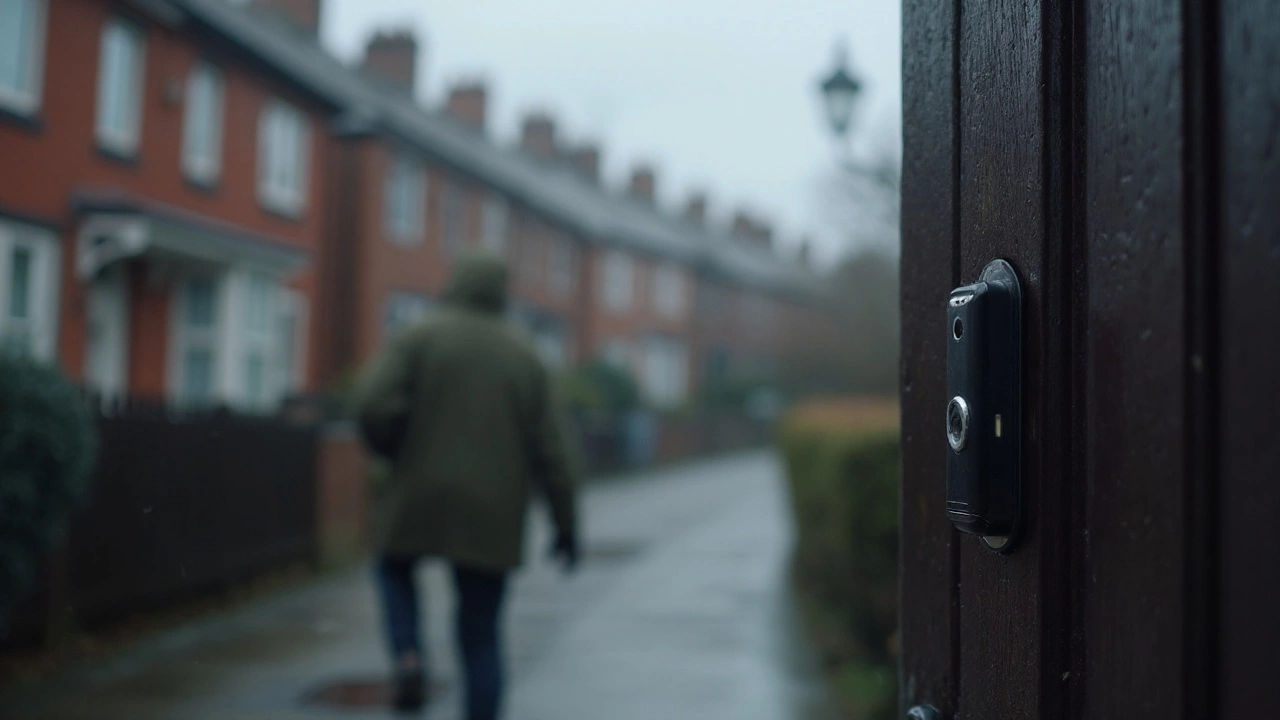If you’re thinking about adding a smart doorbell, the first thing to check is the data. Numbers tell you how many homes actually use these devices, how much they cost, and whether the security payoff is worth it. Below we break down the key stats you need before you buy.
In the UK, about 22% of households had a video doorbell in 2024. That jumped to roughly 30% in 2025, according to a recent market survey. The fastest growth came from apartments and townhouses where renters want a quick way to see deliveries. For new builds, developers are fitting doorbells as a standard feature in about 40% of projects.
The average upfront price for a popular wired video doorbell sits at £119, while wireless models average £149. Installation costs vary: DIY installations can be free, but hiring an electrician adds £80‑£120. Most brands push a subscription for cloud storage. In 2025, 55% of users pay a monthly fee, with the average cost at £4.99 per month. If you skip the subscription, recordings are kept for 24‑48 hours only.
What about false alarms? Studies show a doorbell with motion detection triggers a false alert about once every 12 hours on average. Adding a pet‑friendly setting cuts that down to about 4 times a week. If you have a cat, look for a model that lets you set a “pet mode” to avoid unnecessary alerts.
Battery life is another hot stat. Wireless doorbells now claim up to 18 months on a single charge under normal use. Real‑world tests report 12‑14 months before you need to replace the battery, depending on how often motion is triggered.
Security-wise, about 87% of owners say a video doorbell gave them peace of mind. However, 12% reported attempted tampering, mainly thieves covering the camera with tape. Most manufacturers recommend installing the unit at least 30 cm above ground level and pointing it away from direct sunlight to keep the image clear.
When it comes to data storage, 63% of UK users keep recordings for less than a month, while 22% archive everything for a year. The rest delete automatically after the free storage window ends. If you need longer storage, a local microSD card is a cheap alternative – typically £15 for a 128 GB card.
Finally, integration matters. Around 70% of smart doorbell owners link their device to a broader smart home system like Alexa or Google Home. This lets you answer the door from a speaker or see a live feed on a TV. The data shows that users who integrate their doorbell with other devices are 30% less likely to miss a delivery.
Bottom line: the numbers say smart doorbells are becoming common, cost‑effective, and useful for most UK homes. Check the adoption rate, upfront price, subscription fees, and false‑alarm settings before you decide. With the right stats in hand, you’ll pick a doorbell that fits your budget and keeps your home safe.

Explore whether UK video doorbells actually stop crime, with stats, cost‑benefit analysis, privacy issues and practical tips for homeowners.